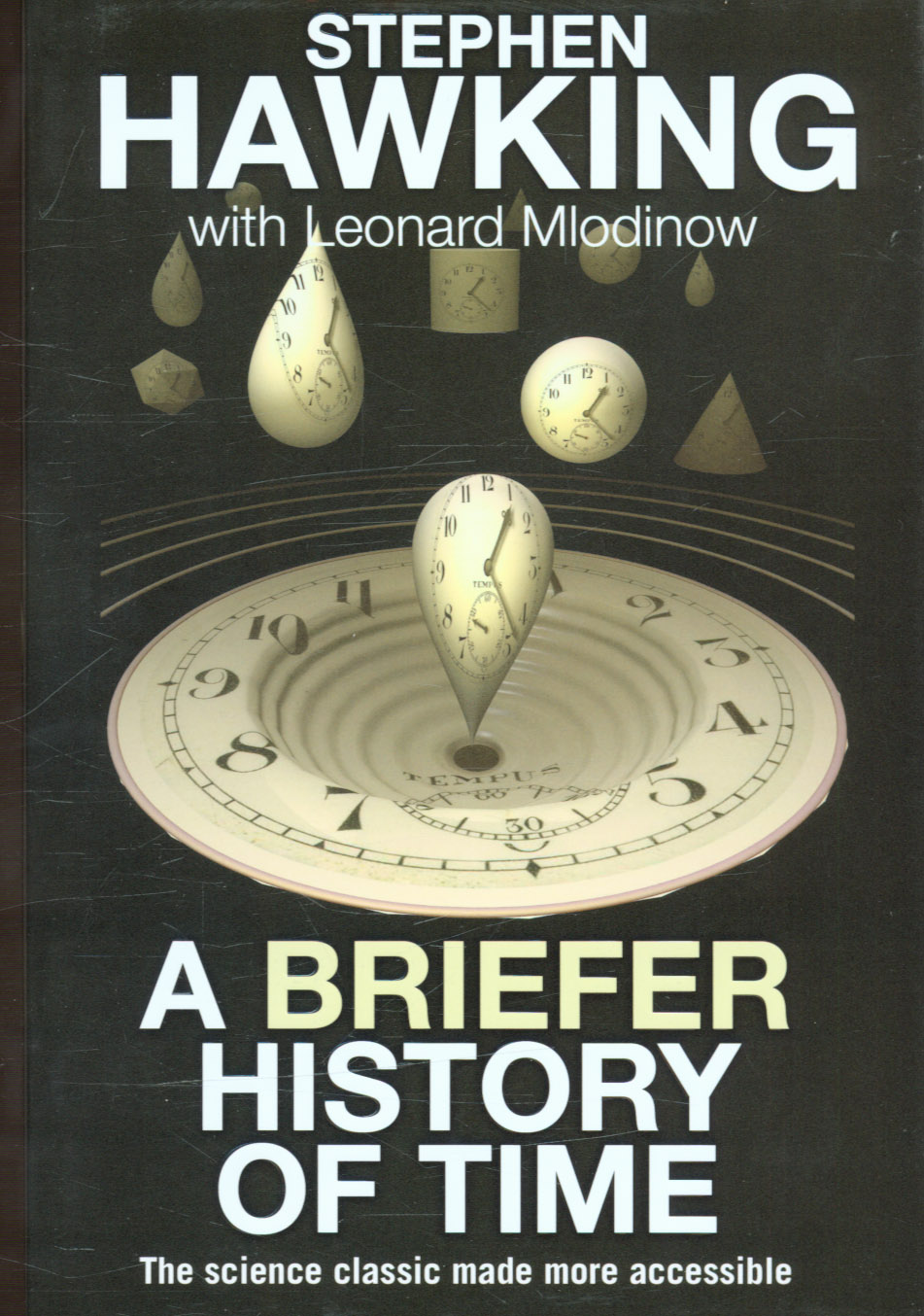Filters
Clear allSubject
- Careers (151) Apply Careers filter
- Climate Change (14) Apply Climate Change filter
- Computing (281) Apply Computing filter
- Creative arts and media (20) Apply Creative arts and media filter
- Cross curricular (298) Apply Cross curricular filter
- Design and technology (433) Apply Design and technology filter
- Engineering (217) Apply Engineering filter
- Food Preparation and Nutrition (31) Apply Food Preparation and Nutrition filter
- Health and safety (4) Apply Health and safety filter
- Leadership (26) Apply Leadership filter
- Mathematics (866) Apply Mathematics filter
- Personal development (34) Apply Personal development filter
- Psychology (29) Apply Psychology filter
- Science (1309) Apply Science filter
- Space (29) Apply Space filter
- STEM Ambassadors (10) Apply STEM Ambassadors filter
- STEM Clubs (21) Apply STEM Clubs filter
Age range
Type
- Activity sheet (473) Apply Activity sheet filter
- Article (35) Apply Article filter
- Assessment (15) Apply Assessment filter
- Audio (1) Apply Audio filter
- Data set (14) Apply Data set filter
- Demonstration (16) Apply Demonstration filter
- Experiment (39) Apply Experiment filter
- Game (6) Apply Game filter
- Group work (20) Apply Group work filter
- Image (27) Apply Image filter
- Information sheet (51) Apply Information sheet filter
- Interactive resource (23) Apply Interactive resource filter
- Open-ended task (22) Apply Open-ended task filter
- Poster (20) Apply Poster filter
- Presentation (56) Apply Presentation filter
- Quiz (1) Apply Quiz filter
- Research (136) Apply Research filter
- Self assessment (5) Apply Self assessment filter
- Simulation (3) Apply Simulation filter
- Teacher guidance (420) Apply Teacher guidance filter
- Textbook (20) Apply Textbook filter
- Video (163) Apply Video filter
- (-) Remove Include Physical Resources filter Include Physical Resources
Showing 2668 results
This resource from CensusAtSchool produces descriptions of modal pupils using the data taken both from the original CensusAtSchol data and Phase Two of the project. The task encourages students to discuss and think about the merits of using averages.
The mathematical topics of mean, median and mode are used...
This pilot version of the Recommended Code of Governance for Schools was published by the Wellcome Trust in October 2012. It is aimed at providing school governors and senior leaders with a robust yet flexible framework they can use to set the strategic direction for their school, and that governors can use to hold...
In this activity children are challenged to design and make a robotic arm to grab things from a distance. The challenge is based on robotic arms on the International Space Station used to move heavy equipment or perform delicate tasks. Children will:
- discover relationships between the length of a...
This report was the result of a request to Carol Vorderman from David Cameron and Michael Gove for advice on mathematics education at the time the Conservative Party was in opposition. A small voluntary task force was formed and worked with organisations and individuals (including students and parents) in the...

In 'A Briefer History of Time' the authors endeavour to make the themes and topics covered in Stephen Hawking's best-selling original work more accessible to the lay reader while expanding the scope of the subject...
This item is one of over 25,000 physical resources available from the Resources Collection. The Archive Collection covers over 50 years of curriculum development in the STEM subjects. The Contemporary Collection includes the latest publications from UK educational publishers.

From small steps to giant leaps, A Galaxy of Her Own tells fifty stories of inspirational women who have been fundamental to the story of humans in space, from scientists to astronauts to some...

Now we know there really are other stars that have planets as well as our Sun. In years to come, human beings might truly be heading off in pioneering spaceships to other parts of our galaxy. But what do you need to...
This resource was designed by The Economist Educational Foundation to support PA’s Raspberry Pi competition 2020. However, it can also be used by schools that are...
This publication is a report from the Leading Space Education Programme (LSEP). This is a Science and Technology Facilities Council (STFC) funded project that has worked with 30 schools in England with the aim of enhancing science, technology, engineering and mathematics education in secondary schools and using...

In today's wired world, robots are everywhere, from movies, in space, computer games - maybe even walking among us. This is a look at the rise of robots: how they've developed over time, from early...
This APU report for teachers presents a summary of the main findings likely to be of most interest to teachers from the first two surveys of students at age 11, conducted in 1980 and 1981. It also offers some conclusions about what students at this age were generally...
This APU report for teachers gives information about what was assessed in the APU monitoring of students’ performance aged 11 (a short-hand for children between the ages of 10 years 9 months and 11 years 8 months). After a brief summary of the background to the APU...
This APU report for teachers describes the aspect of the science surveys where the science project broke new ground. The reason for including practical tasks was the emphasis placed on practical work in science, requiring a range of skills.
It was considered that science performance could not be adequately...
This APU report for teachers focuses on students’ planning of investigations. Although considered important in several respects, Rep...
